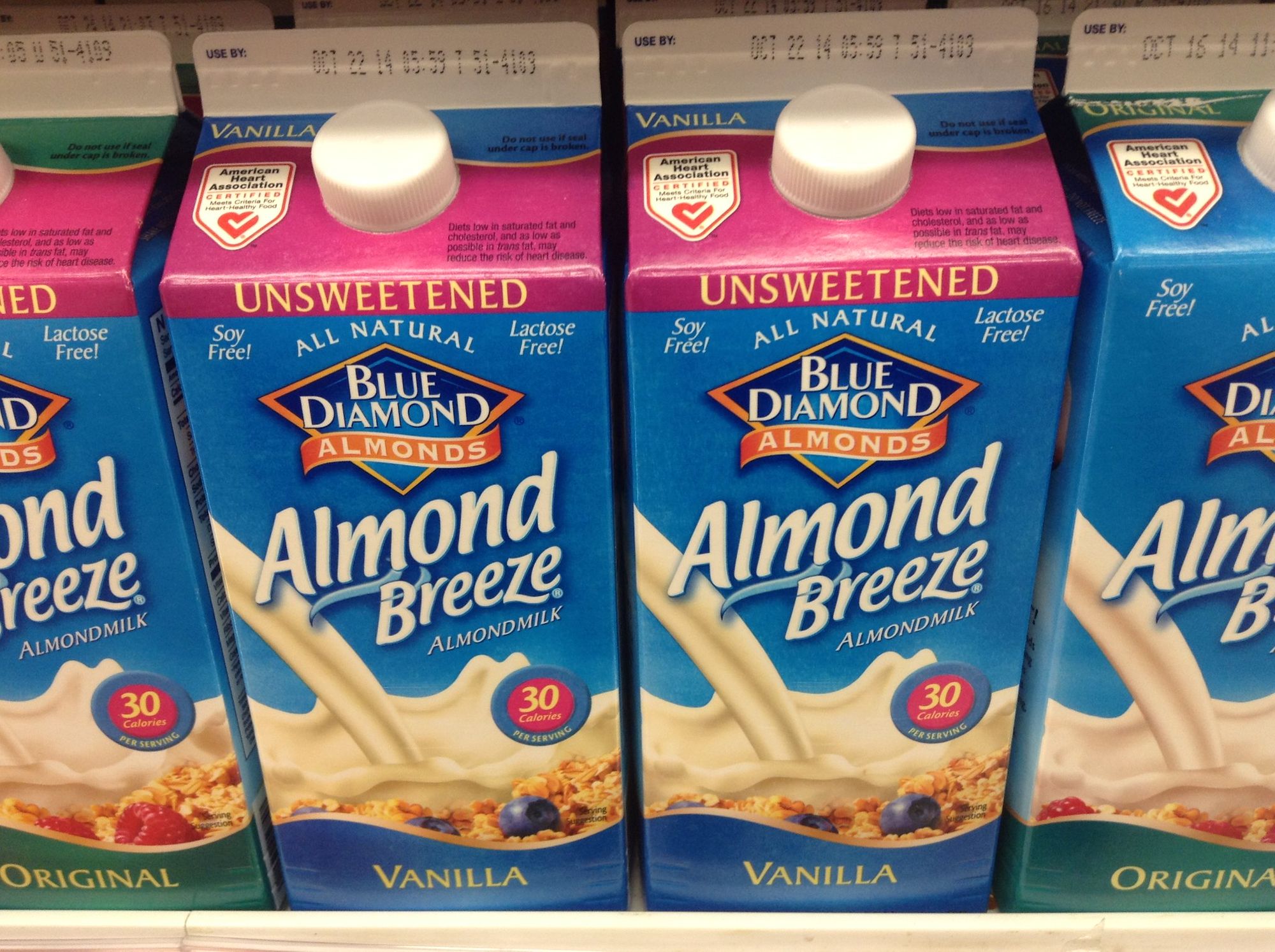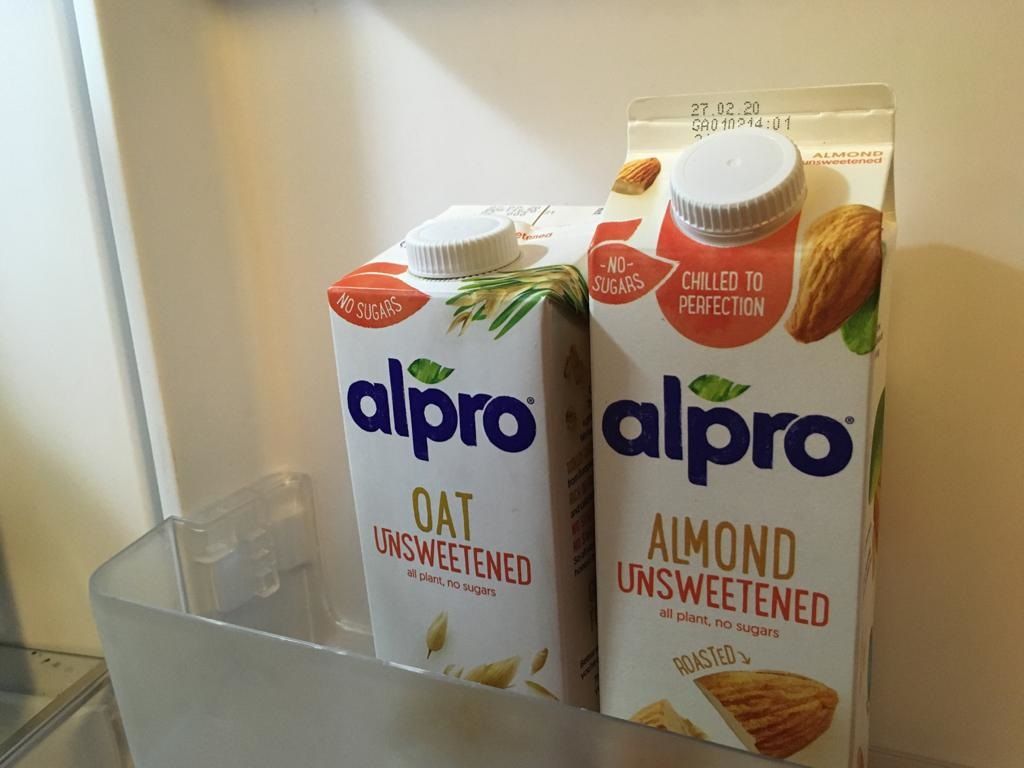By Annie La Vespa, Third Year, Biology
Not all plant-based milks are created equal - how does your favourite measure up when it comes to sustainability?
From the surface, it would seem as though plant-based milks were all environmentally friendly. It’s well-established that these dairy alternatives are much better for the planet; a 2018 study at the University of Oxford found that a glass of dairy milk produces almost three times more gas emissions, and consumes nine times more land, than any plant-based milk.
However, plant-based milks have a darker side which shouldn’t be ignored. The mass production of any crop will inevitably leave a carbon footprint, use substantial volumes of water, and affect the native habitats in developing countries. Food sustainability experts are reluctant to label one plant milk as best, since all have their pros and cons. However, we have the power to remain as environmentally conscious as possible on future supermarket shops by familiarising ourselves with the facts.
Plant-based milk production is undoubtedly flawed in some respects, especially for coconut, almond and rice milks. As innocent as coconut milk may seem, the pressure to meet global demand often leaves workers exploited and rainforests destroyed. 'Farmers in Indonesia should be growing food to feed their families instead of meeting international demands,' Isaac Emery, a food sustainability consultant, told the Guardian.

Almond milk production has significant environmental consequences: a single glass of almond milk requires 130 pints of water, more water than any other dairy alternative, according to the 2018 Oxford study. Furthermore, as almond trees are insect pollinated, US commercial beekeepers are under more pressure than ever to meet the growing demand.
Nearly 70% of commercial bees are used every spring for almond pollination, and as a result, over one-third of them (a record 50 billion) died by the end of last year’s farming season. Rice milk harms the environment in a similar way by using substantial volumes of water and producing more greenhouse gas emissions than any other plant-based milk. It also lacks nutritional value, despite its cheap cost and wide availability.
| Bristol aiming to be first UK Gold Sustainable Food City by 2020
There are niche contenders which arguably deserve more attention, such as hazelnut, hemp and flax seed. Unlike almond trees, hazelnut trees are wind pollinated making them environmentally less costly. Hazelnuts also grow in moist climates, such as the Pacific and North-West, where less additional water is needed during the farming process. Hemp and flax seeds are grown in relatively small quantities, making the milk they produce a more sustainable option. This milk is also highly nutritious, as it’s rich in protein and healthy fats.
Soy is starting to make a comeback. It is the only plant-based milk to offer a protein content comparable to dairy. At first, many opposed soy due to its high concentration of hormones that are similar to human hormones. However, evidence now suggests you would have to consume an impossibly large amount of soy milk and tofu for that to ever be an issue. One disadvantage of soybeans is that they are often grown in mass quantities to feed livestock for meat and dairy production, which often results in acres of Amazon rainforest being burned down to create space for soy farms. This practice doesn’t have to be supported though, as one can make sure to only purchase soy milk made from organic soybeans.
The majority of evidence highlights oat milk to be the most sustainable option. It recently surpassed almond milk as the fastest growing plant-based alternative. According to Bloomberg Business, retail sales of oat milk have significantly risen from $4.4m in 2017 to $29m in 2019.
Oats are much more environmentally friendly as they are grown in more temperate climates and are therefore not associated with the deforestation in developing countries. Although many oats come from mass-produced, monoculture operations where the potentially carcinogenic Roundup pesticide is used, certified glyphosate-free oat milk can be purchased if this is a concern.
It’s clear that there have never been more options to choose from, which suddenly makes deciding what to splash on your cereal each morning a lot more complicated. Although certain plant milks may be more sustainable than others, consumers should ultimately choose whichever alternative they like the most. Whichever they decide, the damage caused by choosing a plant-based alternative is incomparable to the damage which could be caused by the supporting the dairy industry.
Featured image: Epigram / Vilhelmiina Haavisto
What's your favourite plant-based milk?







